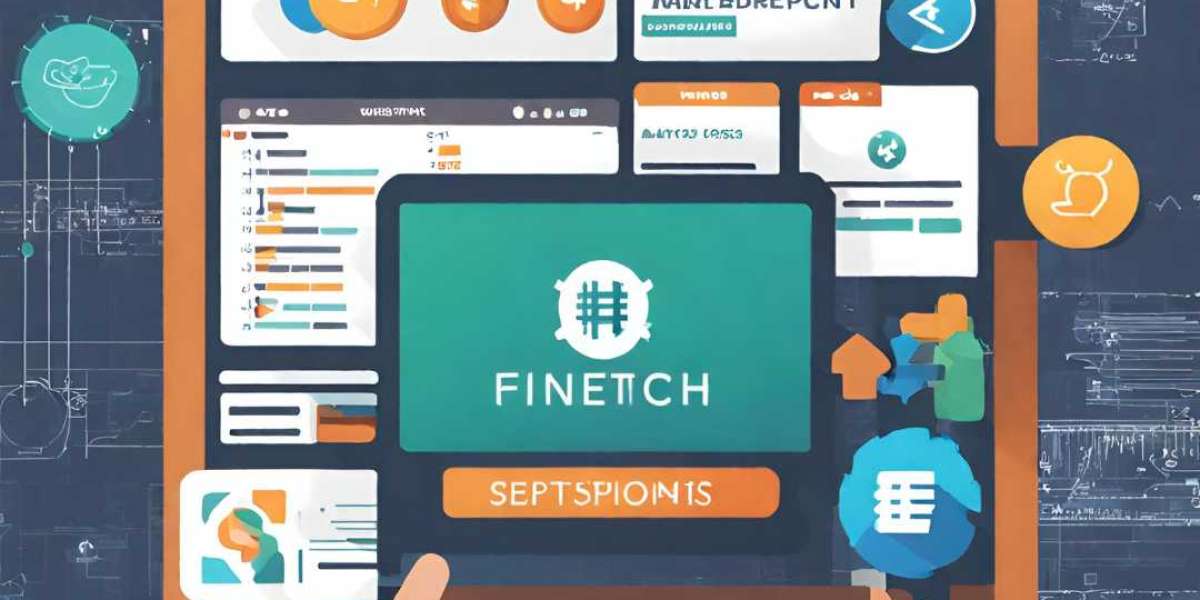The software development landscape is continuously evolving, and 2024 is set to bring forth exciting advancements and shifts in the industry. In the UK, these changes are driven by a blend of emerging technologies, evolving business needs, and regulatory developments. This article delves into the top software development trends shaping the UK market in 2024.
1. Artificial Intelligence and Machine Learning Integration
Artificial Intelligence (AI) and Machine Learning (ML) continue to be at the forefront of technological innovation. In 2024, the integration of AI and ML into software development processes is expected to become even more pronounced. These technologies enable software to learn from data, improve over time, and make intelligent decisions, enhancing user experiences and operational efficiency.
AI and ML applications are diverse, ranging from predictive analytics and natural language processing to automated customer support and advanced data security measures. Companies are increasingly investing in these technologies to gain a competitive edge, streamline operations, and offer personalized services.
2. Low-Code and No-Code Development Platforms
The demand for rapid application development has led to the rise of low-code and no-code platforms. These platforms allow developers and non-developers alike to create applications with minimal hand-coding, using intuitive graphical interfaces and pre-built templates.
In the UK, businesses are leveraging low-code and no-code solutions to accelerate their digital transformation efforts. These platforms reduce development time, lower costs, and make it easier to iterate and improve applications based on user feedback. As a result, companies can quickly adapt to market changes and meet customer demands more efficiently.
3. DevOps and Agile Methodologies
DevOps and Agile methodologies have become integral to modern software development practices. In 2024, the adoption of these approaches is expected to increase further as organizations seek to enhance collaboration, improve product quality, and accelerate time-to-market.
DevOps focuses on integrating development and operations teams to automate and streamline the software delivery process. Agile methodologies, on the other hand, emphasize iterative development, continuous feedback, and flexibility. Together, they enable teams to respond to changing requirements and deliver high-quality software faster.
4. Cybersecurity Enhancements
With the growing number of cyber threats, cybersecurity remains a top priority for software developers in the UK. In 2024, there will be a greater emphasis on building secure software from the ground up. This includes implementing robust encryption, multi-factor authentication, and continuous security monitoring.
Additionally, the adoption of AI and ML in cybersecurity is becoming more prevalent. These technologies can detect and respond to threats in real-time, providing an extra layer of protection against sophisticated attacks. Ensuring compliance with regulations such as the General Data Protection Regulation (GDPR) is also crucial for maintaining customer trust and avoiding hefty fines.
5. Cloud-Native Development
Cloud-native development is transforming how software is built and deployed. By leveraging cloud infrastructure and services, developers can create scalable, resilient, and cost-effective applications. In 2024, the UK will see a continued shift towards cloud-native development as businesses seek to harness the full potential of the cloud.
Cloud-native applications are designed to take advantage of cloud computing models, including microservices architecture, containerization, and serverless computing. This approach allows for greater flexibility, faster deployment, and easier management of applications in production environments.
6. Internet of Things (IoT) Expansion
The Internet of Things (IoT) is expanding rapidly, with an increasing number of connected devices generating vast amounts of data. In 2024, the development of IoT applications will be a significant trend in the UK, driven by advancements in sensor technology, network connectivity, and data analytics.
IoT applications are being used across various industries, including healthcare, manufacturing, transportation, and smart cities. These applications provide real-time insights, automate processes, and enhance operational efficiency. As the IoT ecosystem grows, so does the need for robust software solutions to manage and secure these devices.
7. Quantum Computing Exploration
Quantum computing, while still in its early stages, holds tremendous potential for revolutionizing software development. In 2024, research and experimentation in quantum computing are expected to gain momentum in the UK. Quantum computers can solve complex problems exponentially faster than classical computers, opening up new possibilities for fields such as cryptography, optimization, and material science.
Although practical applications of quantum computing are still a few years away, developers and researchers are actively exploring its potential. Companies investing in quantum computing today are positioning themselves at the forefront of future technological breakthroughs.
8. Edge Computing Adoption
Edge computing is gaining traction as a way to process data closer to the source, reducing latency and improving performance. In 2024, the adoption of edge computing in the UK will continue to rise, driven by the need for real-time data processing in applications such as autonomous vehicles, smart grids, and remote monitoring systems.
By decentralizing data processing, edge computing enhances the responsiveness and reliability of applications. It also reduces the burden on centralized cloud infrastructure, leading to cost savings and improved efficiency.
9. Blockchain Technology Utilization
Blockchain technology is expanding beyond cryptocurrencies, finding applications in various industries, including finance, supply chain, and healthcare. In 2024, the UK will witness increased adoption of blockchain for its ability to provide transparent, secure, and immutable records.
Blockchain can enhance trust and security in transactions, streamline processes, and reduce fraud. Its decentralized nature makes it ideal for applications requiring data integrity and traceability. As businesses recognize the benefits of blockchain, demand for skilled developers in this field will grow.
10. Custom Software Services
In the era of digital transformation, businesses are increasingly seeking tailor-made solutions to meet their unique needs. Custom software services are becoming more popular in the UK, as companies require bespoke applications that align perfectly with their workflows and objectives.
Custom software offers several advantages, including better integration with existing systems, enhanced security, and the flexibility to evolve with the business. By opting for custom software services, organizations can achieve greater efficiency, innovation, and competitive differentiation.
Conclusion
The software development trends in the UK for 2024 reflect a dynamic and rapidly evolving landscape. From the integration of AI and ML to the adoption of low-code platforms, DevOps practices, and enhanced cybersecurity measures, the industry is poised for significant advancements. Emerging technologies such as quantum computing, edge computing, and blockchain are also set to shape the future of software development.
As businesses navigate this evolving landscape, embracing these trends will be crucial for staying competitive and driving innovation. By leveraging custom software services, organizations can create bespoke solutions that meet their specific needs and capitalize on the opportunities presented by these trends. The future of software development in the UK is bright, with endless possibilities for growth and transformation.














